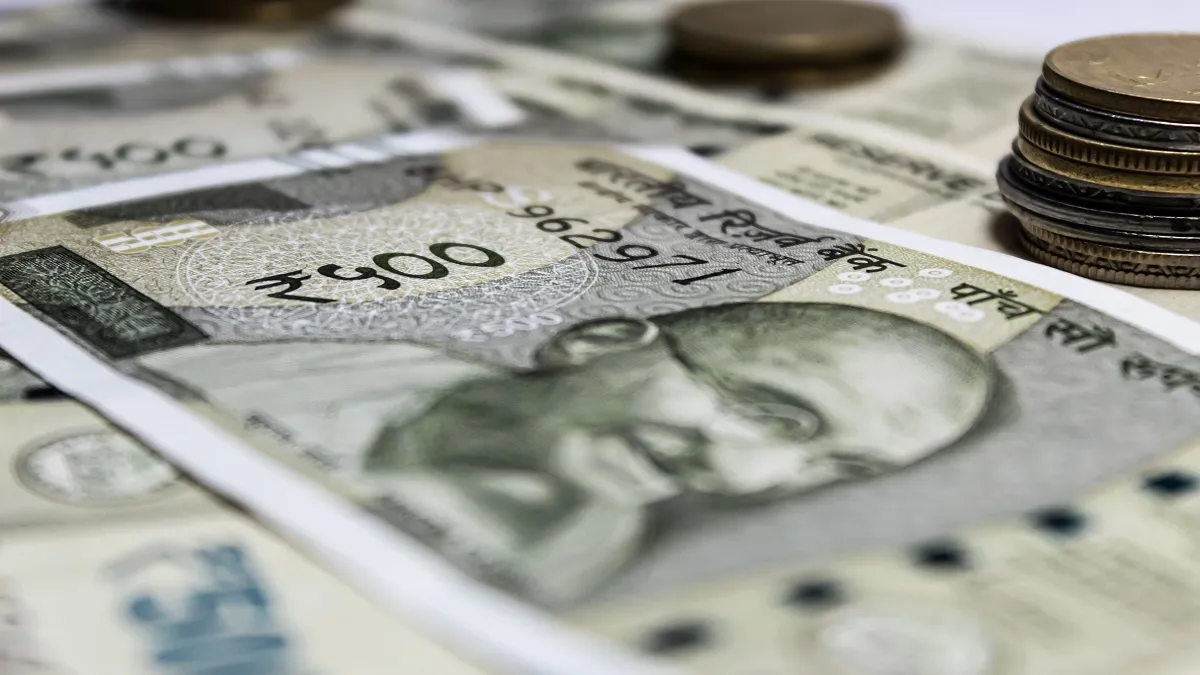
By Dr. Jaijit Bhattacharya
It is critical that we attain resilience in the payments ecosystem with Indian alternatives, should foreign players decide to stop providing services or if duopolies exert their dominance.
Payments are the lifeblood of any economy. To that effect, India, led by the RBI, made huge strides in developing its alternative digital payments as it digitalised rapidly. Had India not developed the entire UPI stack, including RuPay, for enabling digital payments, India would have been exploited by large western economies as e-commerce expanded.
At around the same time, we saw the Wikileaks founder, Julian Assange, being choked off funds as the US directed all its payment entities — Mastercard, Visa, American Express, Paypal, GPay, and more — to ensure that they block his funds. The US has the power to invoke the Patriot Act, under which it can direct any US entity to stop providing its services to any other entity or geography. Such a provision becomes the proverbial sword of Damocles on any economy overtly dependent on US companies. This is also what happened to India during the Kargil War, when it was denied access to mapping software procured from the US. Such actions were also taken against Iran and, more recently, Russia.
India’s alternative UPI stack is superior to anything that exists today, and we have also started exporting the same to the rest of the world. However, within this endeavour, a large crack has developed in our payment systems armour. India developed the foundation for payments through the UPI stack, and then very cleverly ensured that there is competition and continuous innovation by leaving the last mile of payment systems to the private sector. This strategy worked very well initially, with a plethora of payment companies popping up, including MobiKwik, Paytm, BharatPe, PhonePe and Gpay.
However, very soon, this list has narrowed down to a duopoly of PhonePe and GPay. Walmart-owned PhonePe and Alphabet-backed Google Pay jointly command over 90% of the total UPI transactions, as reported in data from December 2023 by the National Payments Corporation of India (NPCI). The closest competitor to PhonePe and Google in the UPI space was Paytm. However, its market share rapidly dropped to a mere 9% after the RBI ordered the shuttering of Paytm Payments bank. Given the ability of the US-backed companies to pump in virtually unlimited amounts of capital, it propels PhonePe and GPay into a position of absolute market dominance.
A duopoly in any industry of strategic importance is worrisome. However, what is even more worrisome is that neither of these companies are Indian. This makes the situation very alarming, given the umpteen precedents of the US instructing its companies to stop providing services to specific countries. Even though such a possibility may seem to be in the realm of hypothetical postulations, given that the US and India are improving their strategic ties, positions have changed quickly in the past. Moreover, a nation that is poised to become the third-largest economy in the world and has 16% of the world’s population cannot let itself be exposed to a strategic fault line in its payment systems.
The issue becomes even more alarming when one looks into the details of the US Patriot Act. This Act mandates US financial entities to monitor accounts on grounds of national security. The reporting contains customer data relevant to any kind of alleged suspicious activity. Given that PhonePe and Google Pay are owned by US-based corporations, there are valid concerns about the extent to which sensitive financial data of Indian consumers might be subject to scrutiny under such regulations. It also means that the US has access to the transactions being made by the families of our military personnel and of our top political leaders. Such information can actually impact India’s security.
This situation also diminishes the exalted work done by India and by the NPCI and the RBI specifically, degrading the financial sovereignty achieved through their efforts. Clearly, urgent steps are required to ensure that India has a resilient payment ecosystem. In November 2020, the NPCI had rolled out a notification stipulating that third-party apps, such as PhonePe and GPay, need to have a 30% volume cap, allowing other players to blossom. However, it was later decided to postpone the enforcement of this rule until December 2024.
It is critical that we strive to ensure resilience in the entire payments ecosystem with Indian alternatives, should foreign players decide to stop providing services or if duopolies exert their dominance to distort market dynamics. We saw this happening with Google Play Store, where Google used its market dominance to charge a usurious 30% of all revenues made by start-ups, as opposed to 2-3% that payment gateways usually charge. India cannot afford to be caught in such a situation in its payments ecosystem.